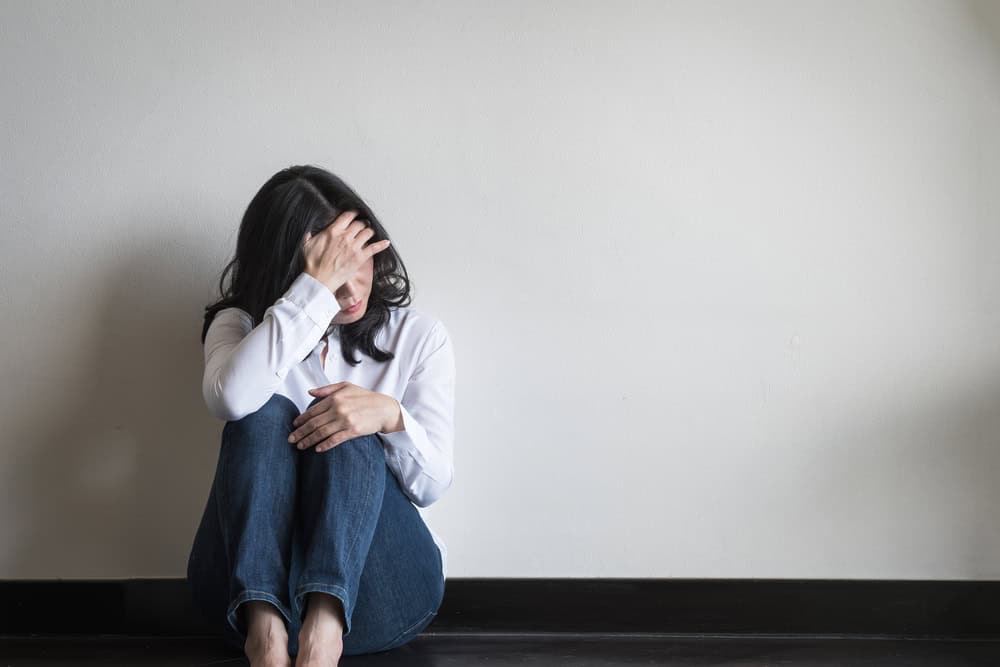


Substance abuse and mental health issues often co-occur. According to reports, about 50% of people with severe mental problems also grapple with substance use disorders (SUD), and vice versa. When SUD and mental illness coexist, it's often referred to as a dual diagnosis or co-occurring disorder.
Substance abuse and mental health issues are both complex challenges that affect millions of people in the United States. SUD involves a compulsive pattern of drug or alcohol use despite negative consequences.
Mental health issues encompass a range of conditions like anxiety, schizophrenia, depression, bipolar disorder, etc. Each of these conditions can be hard to deal with on its own. However, when they co-occur, it creates a particularly challenging situation for those affected.

People with mental illness are at risk for SUD and vice versa than those who don’t have these conditions. While one condition doesn’t necessarily directly lead to the other, studies have established a strong correlation between the two. The 2022 NSDUH report found that about 21.5 million adults in the US have co-occurring disorders. This happens due to a range of reasons, including:
Sometimes, when people are experiencing mental health issues like depression, anxiety, or PTSD, they might turn to alcohol or drugs as a way to cope with their emotions. It's like trying to ease the pain they're feeling. So, if they’re down because of depression, they might drink alcohol to try to feel better temporarily.
However, while it might seem like it helps at the moment, it tends to make things worse in the long run because substances mess with the brain and make mental health problems even harder to manage. A study by the National Institute on Drug Abuse found that people with anxiety disorders are about twice as likely to have SUD compared to the general population.
Alcohol and drugs have been shown to interfere with the way brain cells work. They alter the way neurons process and transmit information. So when someone uses alcohol or illegal drugs excessively over time, their behavior, thought process, perceptions, and feelings change. As a result, they may become more vulnerable to mental disorders
Even if someone already has a mental health problem, using alcohol or drugs can make their symptoms even worse. For example, if someone is struggling with anxiety and starts using drugs, it can make them feel even more anxious and paranoid. Likewise, if someone is dealing with depression and they drink alcohol, it can make them feel even more down and hopeless. So, instead of helping with the mental health problem, alcohol and drug abuse can make things much harder to handle.

Dual diagnosis treatment is all about recognizing that when a person is struggling with both a substance use disorder (SUD) and a mental health issue, you can't just focus on treating one while ignoring the other. That’s because each condition can exacerbate the other, leading to a vicious cycle of symptoms and challenges.
Treatments for dual diagnosis typically lead to the best outcomes because they address both substance use disorders and mental health conditions concurrently. Usually, the healthcare provider works closely with the patient to understand how the SUD or mental disorder affects the other. They will then determine the proper treatment. Treatment usually involves:
There’s still so much stigma around addiction and mental health issues. People assume that these disorders are a sign of personal weakness or moral failing, which is never the case. Both these conditions rewire the brain and make it hard for people in recovery (or active addiction) to function or manage their lives as they normally would.
If your friend or loved one is struggling with a dual diagnosis of addiction and mental health issues, supporting them requires understanding, patience, and active engagement. Here are several ways you can help:

Like most people in recovery, you might feel as though asking for help is a sign of weakness. But that’s not true. Asking for help is a sign of strength. Besides, support from your friends and family members can go a long way in helping you manage and overcome the challenges associated with recovery from a dual diagnosis.
With that said, here’s how you can ask for help:
As we observe Mental Health Awareness Month this May, let’s commit to action, understanding, and empathy. Addiction and mental health issues are complex issues that affect millions of people worldwide. But with the right support, recovery is possible.


